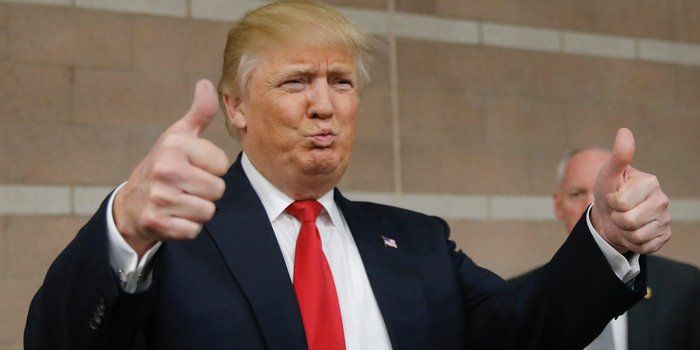Former U.S. President Donald Trump has once again stirred controversy with his recent comments regarding NATO funding and the alliance’s crucial Article 5, prompting sharp reactions from global leaders.
Trump’s remarks, made at a campaign rally in South Carolina, reignited debates over NATO’s structure, funding, and the principles of collective defense.
Trump, known for his outspoken criticism of NATO during his presidency, reiterated his stance on burden-sharing, suggesting that countries failing to meet defense spending targets could not expect unconditional protection from the alliance.
Specifically, he recounted a hypothetical conversation where he indicated a reluctance to defend NATO allies who hadn’t fulfilled their financial commitments.
The heart of the matter lies in NATO’s Article 5, which enshrines the principle of collective defense, stipulating that an attack on one member is considered an attack on all.
Trump’s assertion that he would hesitate to uphold this principle in certain circumstances directly challenges the foundation of NATO’s mutual defense pact, sparking concerns among allies and policymakers.
NATO, established in 1949 to counter Soviet aggression during the Cold War, has evolved into a cornerstone of transatlantic security cooperation.
With 31 member countries, including the United States and various European nations, NATO relies on shared commitments to deter potential adversaries and maintain stability in the Euro-Atlantic region.
However, Trump’s comments have reignited debates over NATO’s funding structure and the adequacy of defense spending among member states.
While some countries meet the agreed-upon target of allocating 2% of their GDP to defense, others fall short, raising questions about the alliance’s cohesion and effectiveness in the face of emerging security threats.
Critics argue that Trump’s rhetoric undermines NATO’s credibility and cohesion, potentially emboldening adversaries and eroding trust among member states.
NATO Secretary General Jens Stoltenberg condemned Trump’s remarks, emphasizing the importance of solidarity and collective defense in safeguarding transatlantic security interests.



